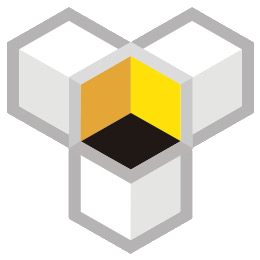사이트 그룹 기술 가이드
1. 站群定义
站群是指拥有相近主题的多个独立站点,通过链轮策略进行指向链接。
2. 站群의 역할
2.1 더 많은 잠재 고객 확보: 검색 엔진을 통해 더 많은 잠재적 트래픽 키워드 순위를 확보하여 더 많은 잠재 고객을 유치할 수 있습니다.
2.2 주 사이트에 링크 지원 제공: 각 사이트는 주 사이트에 장기적이고 효과적인 외부 링크를 제공하여 대상 웹 사이트의 가중치와 키워드 순위를 빠르게 높일 수 있으며 품질 높은 트래픽을 확보할 수 있습니다.
2.3 부정적 정보 억제: 사용자 입구 트래픽을 선점하여 사용자에게 긍정적인 정보가 더 많이 표시되도록하고 부정적인 정보가 웹 사이트에 영향을 미치는 것을 방지할 수 있습니다.
3. 站群 구축
3.1 站群 도메인 선택: 새로운 도메인을 등록하지 않고 이전 도메인을 사용하여 whois 등록 정보의 중복을 피하고 검색 엔진 패널티를 피하기 위해 이전 도메인을 사용하는 것이 좋습니다.
3.2 站群 프로그램 선택: 안정성, 숙련도 및 안전성을 고려하십시오.
3.3 站群 공간 선택: 공간 안정성을 보장하고 IP를 분산 시켜 특정 IP 대역에 집중되지 않도록하십시오.
3.4 站群 키워드 전략: 경쟁력이 낮은 키워드를 홍보하십시오.
3.5 Station Group Content Planning: Similar to the main site theme, avoid direct mirroring or collecting highly repetitive content from the internet.
3.6 Station Group Template Selection: Simple, highlight key content, ensure user experience.
4. SEO Optimization for Station Groups
The page title, keyword, and description tags of the station group need to be carefully filled out, website URLs need to be static, internal architecture optimized, homepage keyword layout and density optimized, tags and attributes added to the homepage, etc.
5. Precautions for Station Group Usage
5.1 Conceal station group domain registration information, maintain different names, addresses, emails to avoid duplication; use different IP addresses for servers, do not use the same website contact information.
5.2 Avoid cross-linking in station groups, plan the structure of station groups well.
5.3 Avoid content duplication, it is recommended to split the theme into multiple sub-themes to create a station group.

